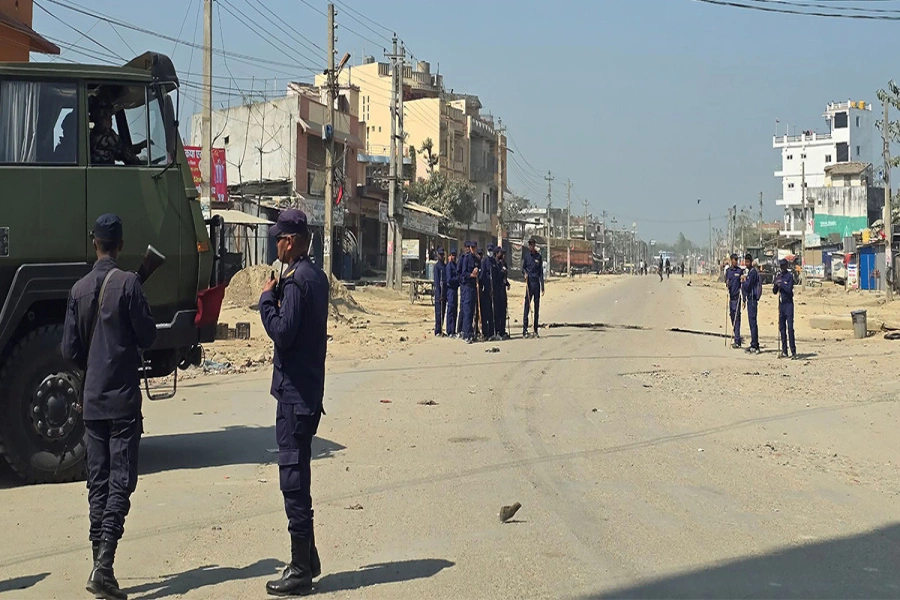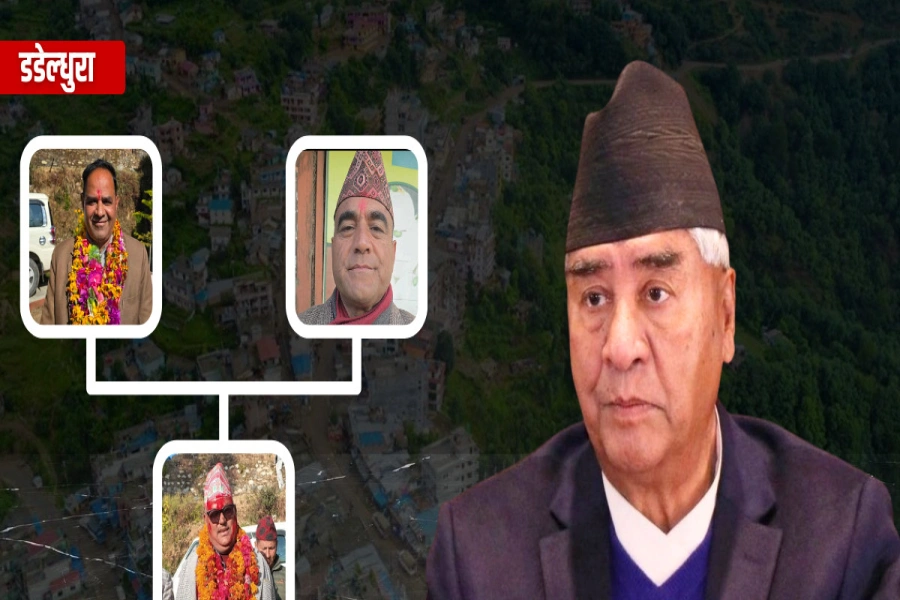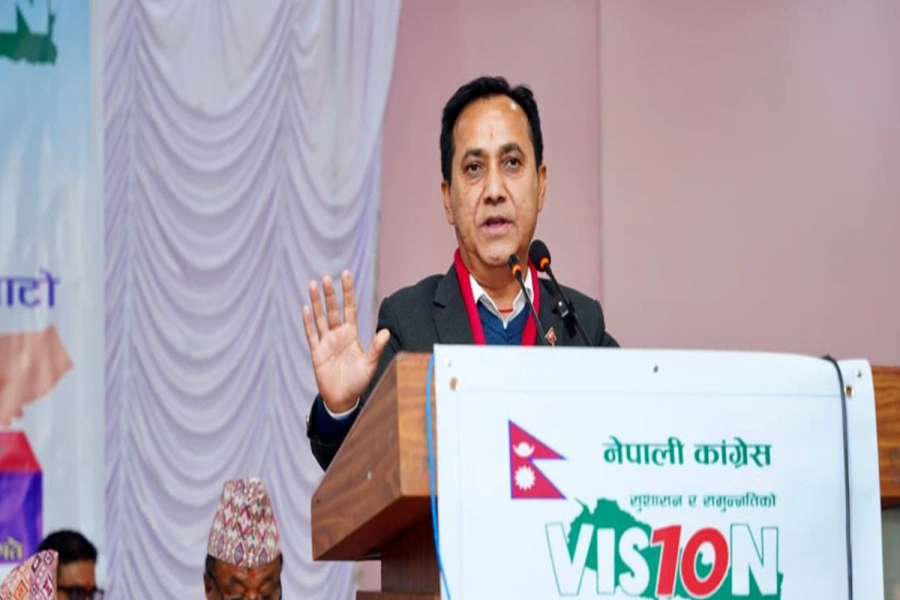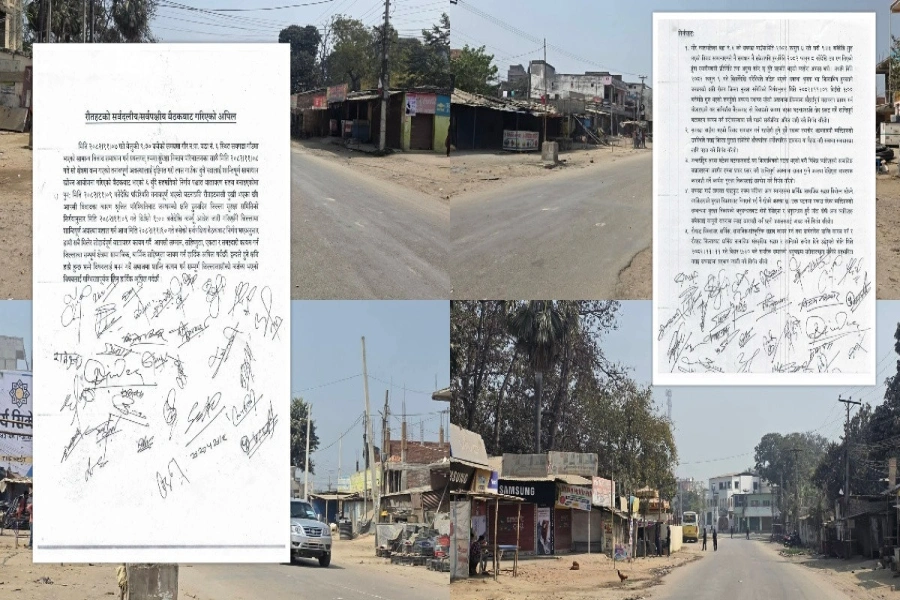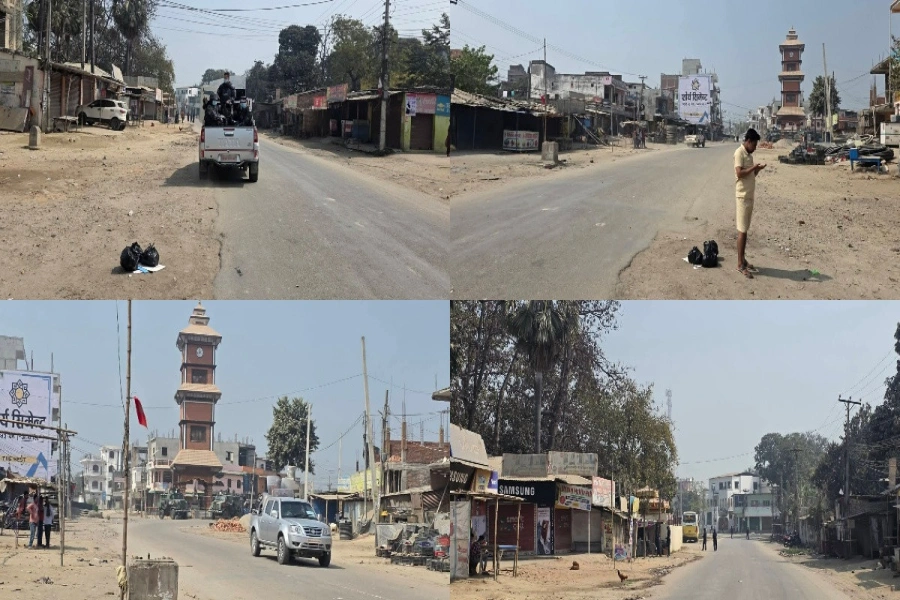In 'New Nepal' hypocrisy abounds, political principles mean zilch and a constitution gets promulgated with as much haste as a procrastinating teenager's late-night assignment. These are challenging times. The callousness of the political establishment—busy fortifying its power amidst the burning southern plains, a stagnant, blockaded economy and thousands of homeless earthquake victims facing days that will not get any warmer—verges on the dangerous. What is more, the fact that the incumbent government is predominantly 'communist' screams irony given its disdain for the ongoing political movement in Madhesh.The alliance forged to form the current government is unholy. A party that calls itself Marxist-Leninist has long been reduced to a status-quoist position with a strong business-bureaucracy-NGO network. The Maoist party, that two decades ago set out in a quest to end of all forms of socio-political and economic injustices engendered by the country's feudal past, has swiftly given in to the very mainstream that it vowed to overthrow. A Hinduist and monarchist party has reappeared in the frontline of politics at the dawn of secular republicanism. Suffice it to say, the alliance itself is the least progressive outcome to be expected of a leadership that supposedly celebrates Marxism.
The ideological bankruptcy of this self-ascribed communist leadership is perhaps nowhere more manifest than in the use of, what Marxists call, the state's 'monopoly of violence' to suppress dissent in Madhesh. The Marxist ideology holds that because the state has the monopoly of violence it commands, in the form of the military-industrial complex, to serve the interests of dominant, regressive political and economic interests, any resistance from oppressed sections of society culminates in a violent clash. Given the sheer dedication of their beliefs, it is no wonder that the communist leadership in Nepal is able to dutifully execute offensive action against the very section of society their ideology stands for.
Another aspect in which Nepal's communists' progressivism fails, and miserably at that, is that of nationalism. Nepali nationalism is an outcome of a careful socio-political engineering cultivated in the public psyche over a few generations, making it all the more explosive as a political tool. The most important step towards this end is perhaps the history textbooks in our school curriculum that uncritically glorify the expansionist movement of the Shah ruler who conquered smaller states through brutal wars that at times involved barbaric acts consisting of, but not limited to, mutilation of the conquered people.
The war is portrayed as an act of benevolence of the conqueror who fended off, with Gorkhali expansionism, possible Indian or Chinese expansionism. The cultural and linguistic homogenization that followed the great unification campaign assured the socio-cultural hegemony of the Hindu, Khas-Arya ethnicity as the 'national' identity. Nepali nationalism, therefore, is the embodiment of this elitism.
Nationalism is as divisive as it is unifying. The counterpart of the unifying 'we' is the divisive 'they'. Nepal's biggest 'they' has been India since the monarch and the monarchists saw India as a great threat. The immediate victims of this are the Madheshi people who have close social and cultural ties across the border and are therefore looked down upon with suspicion as to where their loyalties lie. The irony is that the current movement for inclusion of marginalized identities is termed as 'identity politics, while the truth is that the movement is merely an attempt to negate the social injustices created by the narrow, elitist 'identity politics' of the past.
The bigger irony is that the mainstream political groups that have the temerity to call themselves progressive leftists of the Maxist-Leninist kind deny the existence of any systemic discrimination against the marginalized identities. The glad acceptance by the first woman president of the country that women are subservient to men in our society is a recent example of the complacence of the Nepali mainstream left.
The most prominent defense of the constitution by the mainstream is perhaps that it was promulgated by a vast majority of the Constituent Assembly. While such a claim appears reasonable and democratic, a closer examination into the process of its drafting would suggest otherwise. The document was negotiated behind closed doors by a handful of politicians and then signed by the CA members while the party whips did away with potential intra-party dissent. What is more, a document that promised to realize decades-long aspirations of the people was fast-tracked in the name of national political unity for earthquake reconstruction, which was a farcical claim; the Reconstruction Authority is still stuck in the quagmire of NC-UML wrangling.
The point, then, is that democracy in the Federal Democratic Republic of Nepal is reduced to a matter of mere technicality, of politics of number. 'Number' in democracy is of no meaning if it is no longer grounded on the mandate which it claims to represent. A democratically elected leadership divorced from its mandate runs the risk of turning into an elitist leadership. The current leadership has failed to even so much as to acknowledge the progressive aspirations of a huge section of the population. This, combined with its nonchalance towards hoarding and black marketing of fuel and essential goods, suggests that with things as they are now, democracy is in peril. This should be clearer to the Nepali communists, the self-proclaimed students of massive of tomes of Marxist writings on socialist democracy, than to anyone else.
Marx famously pointed out that the dominance of an idea is not based on its ideological supremacy but on whether it tips the political balance in favor of the political elite. The irony of this statement is lost on the self-proclaimed students of Marx who actively pursued their political dominance through gerrymandering in federal demarcation, while arguing that the contentions in the constitution are fictions propagated by the leaders in the south.
The increasingly conservative leaning of the mainstream left has created a crisis in progressive politics. With UML long lost to neo-liberalism and conservative nationalism and UCPN (Maoist) recently disarmed of its progressive fervor, one is reminded of the closing lines of George Orwell's Animal Farm: "The creatures outside looked from pig to man, and from man to pig, and from pig to man again; but already it was impossible to say which was which."
The author is pursuing MA in Economics at the Delhi School of Economics
dangal.sujan99@gmail.com
Desperate search for missing girls as nearly 80 dead in Texas f...







